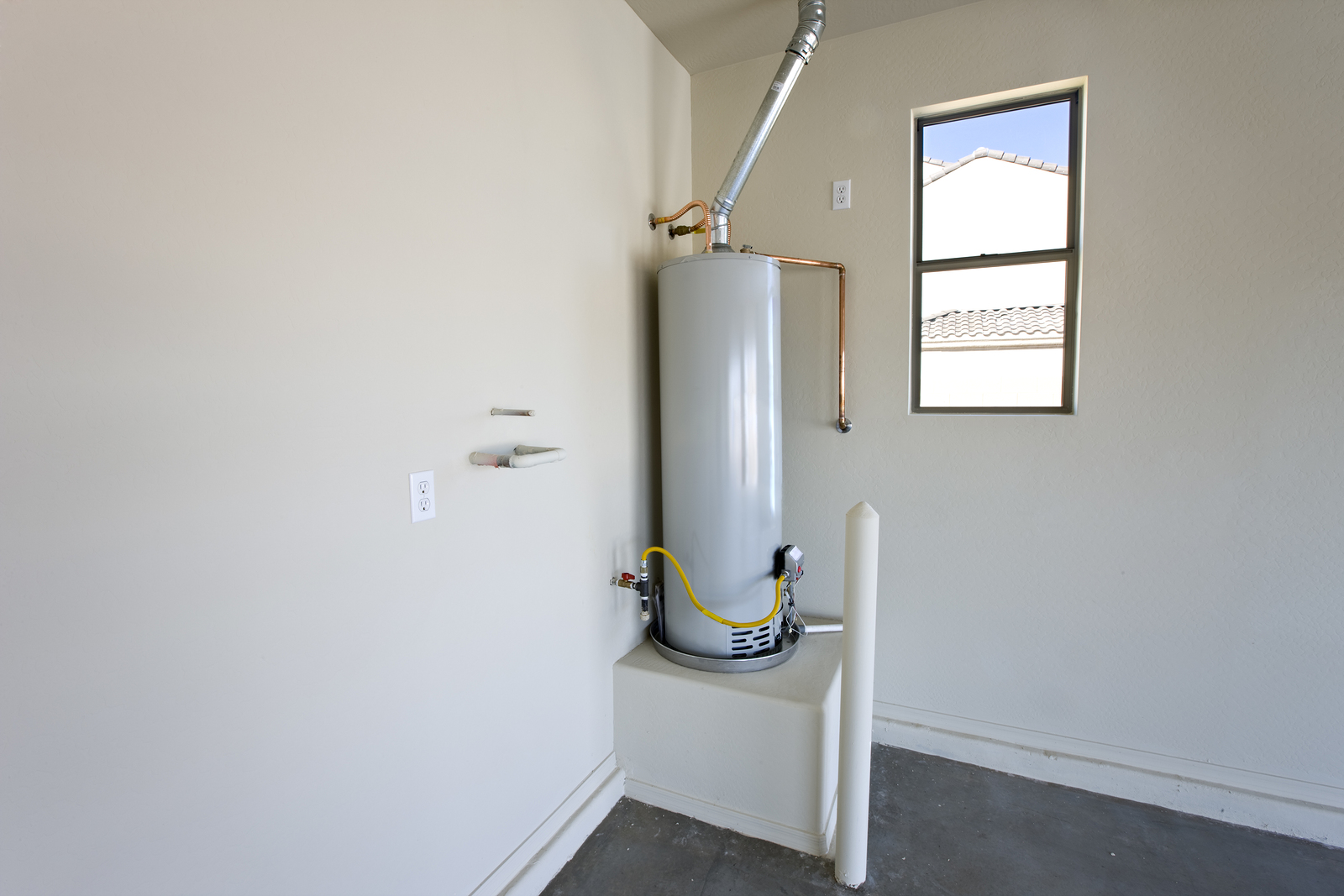

Articles
How Long Does A 40 Gallon Water Heater Last
Modified: January 8, 2024
Discover how long a 40 gallon water heater can last with this informative article. Learn tips to extend its lifespan and make the most of your investment.
(Many of the links in this article redirect to a specific reviewed product. Your purchase of these products through affiliate links helps to generate commission for Storables.com, at no extra cost. Learn more)
Introduction
A 40-gallon water heater is a common choice for many households, providing ample hot water for daily needs. Whether you’re taking a warm shower, washing dishes, or doing laundry, a reliable and efficient water heater is essential. But have you ever wondered how long a 40-gallon water heater can last? In this article, we’ll explore the factors that affect its lifespan and discuss maintenance tips to keep it running smoothly.
Before delving into the lifespan of a 40-gallon water heater, it’s important to understand how they work. Water heaters typically have a tank where cold water enters and is then heated by either a gas burner or an electric heating element. As the water heats up, it rises to the top of the tank, ready for use whenever you turn on a faucet.
Now let’s discuss the factors that can influence the longevity of your 40-gallon water heater. These factors play a crucial role in determining how long your water heater will last before needing a replacement or repair.
Key Takeaways:
- Proper maintenance, including flushing the tank, inspecting the anode rod, and addressing leaks, can extend the lifespan of a 40-gallon water heater, ensuring consistent hot water for years.
- Recognizing signs of a failing water heater, such as insufficient hot water and strange noises, allows for proactive measures to prevent major breakdowns and inconvenience.
Factors Affecting the Lifespan of a 40 Gallon Water Heater
1. Quality of Manufacturing: The quality of the water heater and its components can significantly impact its lifespan. Water heaters made by reputable manufacturers using high-quality materials are often more durable and longer-lasting.
2. Installation: Proper installation is vital for the longevity of your water heater. If not installed correctly, the system may be prone to leaks, inefficient heating, or other issues that can shorten its lifespan.
3. Water Quality: The quality of the water in your area can have a significant impact on your water heater. Hard water, which contains high levels of minerals, can lead to sediment buildup and corrosion inside the tank, reducing its efficiency and lifespan. Installing a water softener or using a descaling agent regularly can help mitigate this issue.
4. Maintenance: Regular maintenance is crucial for maximizing the lifespan of your water heater. Flushing the tank to remove sediment buildup, inspecting and replacing anode rods, checking and adjusting the temperature settings, and ensuring proper ventilation are all essential maintenance tasks.
5. Usage Patterns: The frequency and intensity of usage can also affect the lifespan of your water heater. If your household has high hot water demands, such as multiple showers, frequent clothes washing, and dishwashing, the water heater will experience more wear and tear and may have a shorter lifespan.
Now that we’ve covered the factors that affect the lifespan of a 40-gallon water heater, let’s explore how long you can expect your water heater to last on average.
Key Takeaways:
- Proper maintenance, including flushing the tank, inspecting the anode rod, and addressing leaks, can extend the lifespan of a 40-gallon water heater, ensuring consistent hot water for years.
- Recognizing signs of a failing water heater, such as insufficient hot water and strange noises, allows for proactive measures to prevent major breakdowns and inconvenience.
Factors Affecting the Lifespan of a 40 Gallon Water Heater
Several factors can impact the lifespan of a 40-gallon water heater. Understanding these factors can help you manage and maintain your water heater effectively, ensuring it lasts as long as possible. Here are the key factors to consider:
1. Quality of Manufacturing
The quality of the water heater and its components plays a significant role in its lifespan. Water heaters produced by reputable manufacturers using high-quality materials are generally more durable and longer-lasting. Investing in a well-made water heater can save you from premature breakdowns and the need for frequent repairs or replacements.
2. Installation
The quality of the installation process also affects the lifespan of a water heater. If the installation is not done correctly, it can result in various issues, such as leaks, inefficient heating, and improper ventilation. These problems can put extra strain on the system and lead to premature failure. Therefore, it’s essential to have your water heater professionally installed to ensure that it functions optimally.
3. Water Quality
The quality of the water in your area can have a significant impact on your water heater’s lifespan. Hard water, which contains high levels of minerals like calcium and magnesium, can cause sediment buildup and corrosion inside the tank, reducing its efficiency and longevity. Over time, this can lead to leaks, decreased heating performance, and inefficiency. Installing a water softener or using descaling agents regularly can help mitigate the effects of hard water and prolong your water heater’s lifespan.
4. Maintenance
Regular maintenance is crucial for maximizing the lifespan of your 40-gallon water heater. Flushing the tank at least once a year to remove sediment buildup can prevent corrosion and ensure efficient heating. Inspecting and replacing the sacrificial anode rod as necessary can also protect the tank from rust and corrosion. Additionally, checking and adjusting the temperature settings, inspecting the pressure relief valve, and ensuring proper ventilation are all essential maintenance tasks that can extend the lifespan of your water heater.
5. Usage Patterns
Your usage patterns and the demands on your water heater can impact its lifespan. If your household has high hot water demands, such as multiple showers, frequent clothes washing, and dishwashing, the water heater will experience more wear and tear. This constant usage can put strain on the system and shorten its lifespan. It’s important to consider your household’s hot water needs when selecting and using a 40-gallon water heater.
By considering these factors and taking appropriate measures, you can extend the lifespan of your 40-gallon water heater and enjoy reliable hot water for years to come.
Typical Lifespan of a 40 Gallon Water Heater
The lifespan of a 40-gallon water heater can vary depending on several factors, such as quality, maintenance, and usage patterns. On average, a well-maintained and properly used 40-gallon water heater can last between 8 to 12 years.
Quality plays a crucial role in determining the lifespan of a water heater. Higher quality units that are manufactured by reputable brands and made with durable materials tend to have longer lifespans. These water heaters are designed to withstand the constant heating and cooling cycles and resist the corrosive effects of water and sediment buildup.
Regular maintenance is key to maximizing the lifespan of your 40-gallon water heater. Flushing the tank annually to remove sediment buildup and checking and replacing the anode rod as necessary can prevent corrosion and extend the life of the heater. It’s also important to ensure proper ventilation, check for leaks, and adjust the temperature settings to ensure efficient and safe operation. By following these maintenance practices, you can significantly prolong the lifespan of your water heater.
Usage patterns also impact the lifespan of the water heater. If you have a larger household with higher hot water demands, such as multiple showers, frequent laundry, and dishwashing, the water heater will be working harder and experiencing more wear and tear. In such cases, it’s important to consider upgrading to a larger capacity water heater or installing multiple units to distribute the load and prevent premature failure.
It’s worth noting that the lifespan of a 40-gallon water heater can also be affected by the quality of the water in your area. Hard water, which contains high levels of minerals, can lead to sediment buildup and corrosion, reducing the efficiency and longevity of the heater. Installing a water softener or using descaling agents regularly to remove mineral deposits can help mitigate these effects and extend the lifespan of the water heater.
Ultimately, the lifespan of a 40-gallon water heater can vary, but proper maintenance and usage practices can help you get the most out of your investment. Regular inspection, maintenance, and addressing any issues promptly can help prevent major breakdowns and ensure the optimal performance and longevity of your 40-gallon water heater.
Read more: How Long Does A Tankless Water Heater Last
Signs of a Failing 40 Gallon Water Heater
A failing 40-gallon water heater can cause inconvenience and disrupt your daily routine. Recognizing the signs of impending failure can help you take proactive measures to address the issue before it becomes a major problem. Here are some common signs that indicate your 40-gallon water heater may be reaching the end of its lifespan:
1. Insufficient or Inconsistent Hot Water
If you notice a decrease in the amount of hot water available or find that the water is not as hot as it used to be, it may be a sign that your water heater is failing. This could be due to sediment buildup, a faulty heating element, or a worn-out tank that can no longer hold and heat water effectively.
2. Strange Noises
If your water heater is making rumbling, banging, or popping noises, it could indicate sediment buildup inside the tank. Over time, sediment can harden and cause the water heater to work harder, reducing its efficiency and potentially leading to premature failure.
3. Leaks and Water Damage
Leaks around the water heater or signs of water damage near the unit are clear indications of a problem. Leaks can occur due to a variety of issues, such as a faulty pressure relief valve, corroded fittings, or cracks in the tank. Promptly addressing these leaks is crucial to prevent further damage and potential flooding.
4. Age of the Water Heater
The age of your 40-gallon water heater is an important factor to consider. As the heater approaches its expected lifespan of 8 to 12 years, the likelihood of failure increases. If your water heater is nearing or beyond this age range and exhibits any of the other signs mentioned, it may be time to consider a replacement.
5. Increased Energy Bills
If you notice a sudden and significant increase in your energy bills without any other identifiable cause, it could be due to an inefficient water heater. As a water heater deteriorates, it becomes less energy-efficient, causing it to consume more energy to maintain the desired water temperature.
6. Corrosion or Rust
Inspecting the external surface of your water heater for signs of corrosion or rust is crucial. Corrosion can indicate that the protective lining inside the tank has deteriorated, leading to leaks and potential failure. Rusty water coming from the taps can also indicate corrosion inside the tank.
If you notice any of these signs, it’s important to address them promptly to avoid further damage or inconvenience. Consulting a professional plumber or water heater technician can help accurately diagnose the issue and determine whether repair or replacement is the best course of action.
Maintenance Tips to Extend the Lifespan of Your 40 Gallon Water Heater
Maintaining your 40-gallon water heater is essential to ensure its optimal performance and extend its lifespan. By following these maintenance tips, you can prevent issues, improve efficiency, and avoid costly repairs or premature replacements:
1. Regularly Flush the Tank
Over time, sediment can accumulate at the bottom of the water heater tank, which can reduce heating efficiency and cause corrosion. Flushing the tank annually helps remove this sediment buildup, ensuring that your water heater operates efficiently. To flush the tank, turn off the power, gas, or electricity to the water heater, connect a hose to the drain valve, and drain out the sediments until the water runs clear.
2. Inspect and Replace the Anode Rod
The anode rod is a sacrificial component that helps protect the tank from corrosion. Over time, the rod can become depleted and require replacement. Inspect the anode rod periodically and replace it if it is deteriorated or less than half its original size. This simple step can significantly extend the lifespan of your water heater.
3. Check the Temperature and Pressure Relief Valve
The temperature and pressure relief (TPR) valve is a crucial safety component that releases excess pressure and prevents the tank from exploding. Regularly check the TPR valve to ensure it is functioning correctly. Lift the valve’s lever slightly to allow some water to escape, and make sure it releases water under pressure and then seals tightly when released.
4. Ensure Proper Ventilation
Adequate ventilation is vital for gas water heaters to operate safely and efficiently. Ensure that the area around the water heater is clear of any obstructions that can restrict air flow. Additionally, check the venting system for blockages or leaks, and repair or clean them as necessary.
Read more: How Long Does A 40V Ryobi Battery Last
5. Adjust the Temperature Settings
Setting your water heater temperature too high can lead to energy waste and scalding hazards, while setting it too low can promote bacterial growth. The recommended temperature setting is usually around 120 degrees Fahrenheit (49 degrees Celsius). Adjust the temperature to this optimal range to improve energy efficiency and safety.
6. Address Leaks and Drips Promptly
Any signs of leaks or water dripping from the water heater should be addressed promptly. Even small leaks can lead to bigger issues over time, such as water damage, mold growth, and corrosion. Determine the source of the leak, whether it’s a faulty valve, a worn-out gasket, or a crack in the tank, and repair or replace the affected component.
Following these maintenance tips can help you keep your 40-gallon water heater running smoothly and efficiently for years. However, if you are unsure about any maintenance tasks or suspect a problem with your water heater, it’s advisable to consult a qualified professional for assistance and guidance.
Conclusion
A 40-gallon water heater is a crucial appliance that provides hot water for various daily activities. Understanding the factors that affect its lifespan and implementing proper maintenance practices can help extend its longevity and ensure consistent performance. By following the maintenance tips mentioned in this article, you can keep your 40-gallon water heater in optimal condition and avoid costly repairs or premature replacements.
Factors such as the quality of manufacturing, installation, water quality, maintenance, and usage patterns all play a role in determining how long your water heater will last. Investing in a high-quality water heater, having it professionally installed, and taking measures to mitigate the effects of hard water can significantly extend its lifespan.
Regular maintenance, including flushing the tank to remove sediment buildup, checking and replacing the anode rod, inspecting the temperature and pressure relief valve, ensuring proper ventilation, and addressing leaks promptly, is essential for maintaining the efficiency and longevity of your water heater.
Furthermore, being vigilant by recognizing the signs of a failing water heater, such as insufficient hot water, strange noises, leaks, increased energy bills, and corrosion, allows you to take timely action and avoid further damage. Proper maintenance and prompt addressing of issues can help prevent major breakdowns, minimize inconvenience, and prolong the lifespan of your 40-gallon water heater.
In conclusion, by understanding the factors that affect the lifespan of a 40-gallon water heater and following the recommended maintenance tips, you can enjoy reliable and efficient hot water for an extended period. Remember, when in doubt, consult a professional plumber or water heater technician to ensure proper care and maintenance of your water heater. With proper care, your 40-gallon water heater can serve you and your household’s hot water needs for many years to come.
Frequently Asked Questions about How Long Does A 40 Gallon Water Heater Last
Was this page helpful?
At Storables.com, we guarantee accurate and reliable information. Our content, validated by Expert Board Contributors, is crafted following stringent Editorial Policies. We're committed to providing you with well-researched, expert-backed insights for all your informational needs.
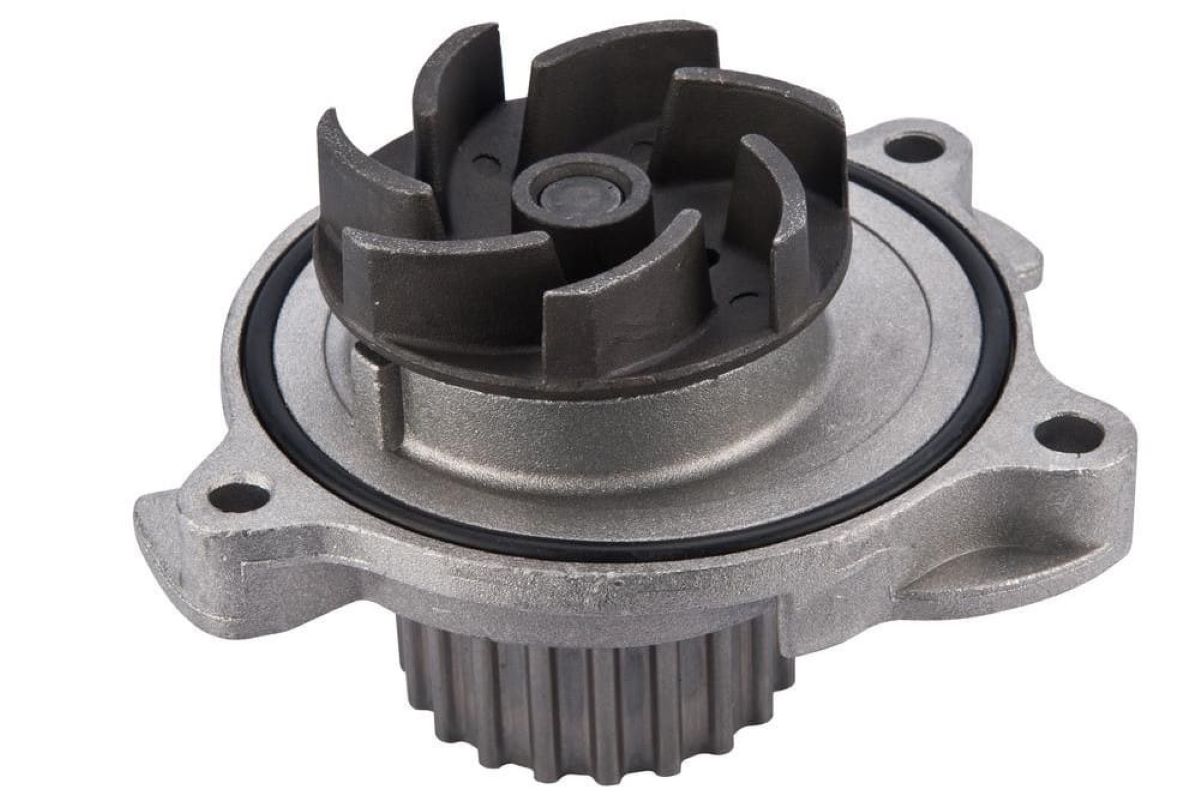
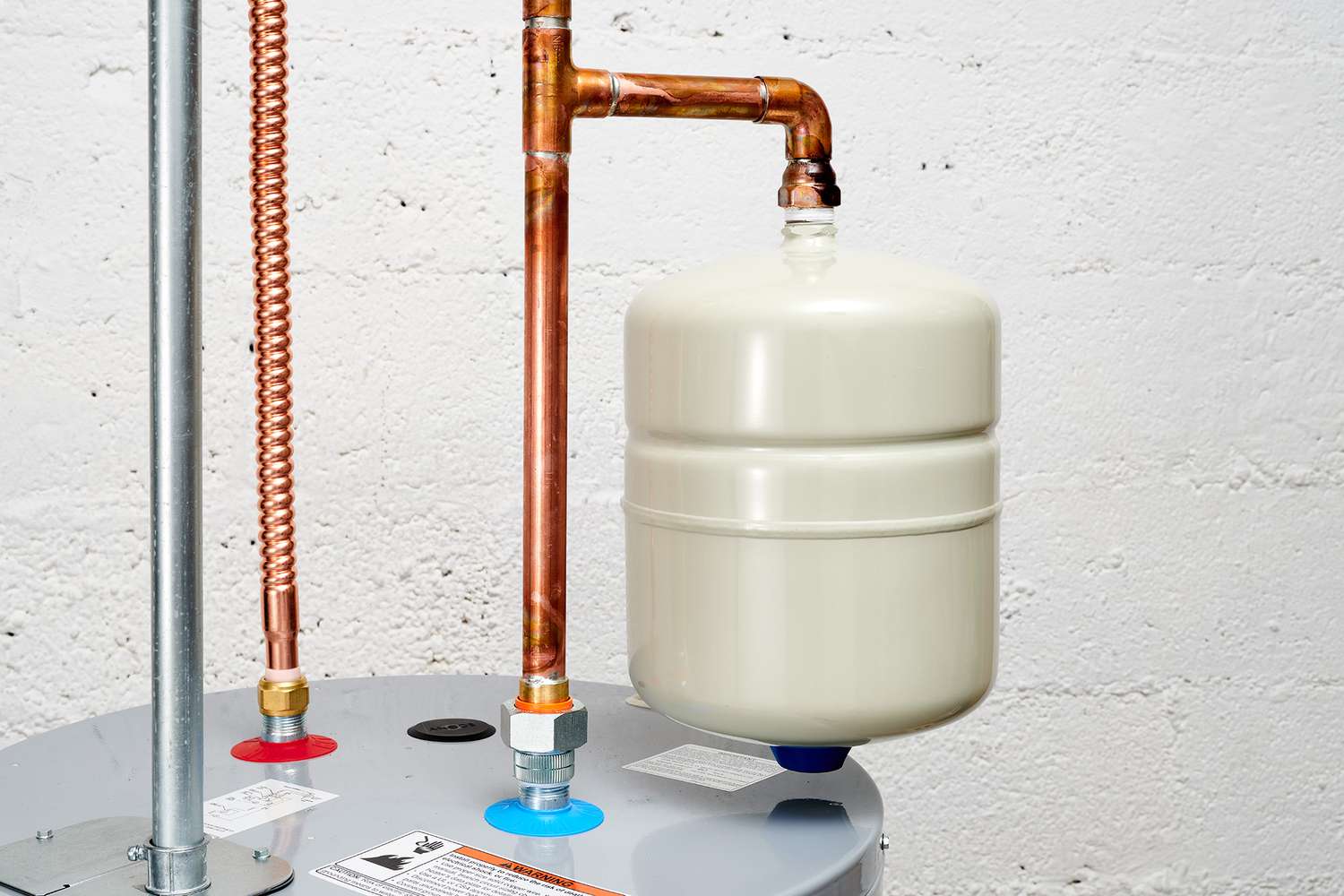
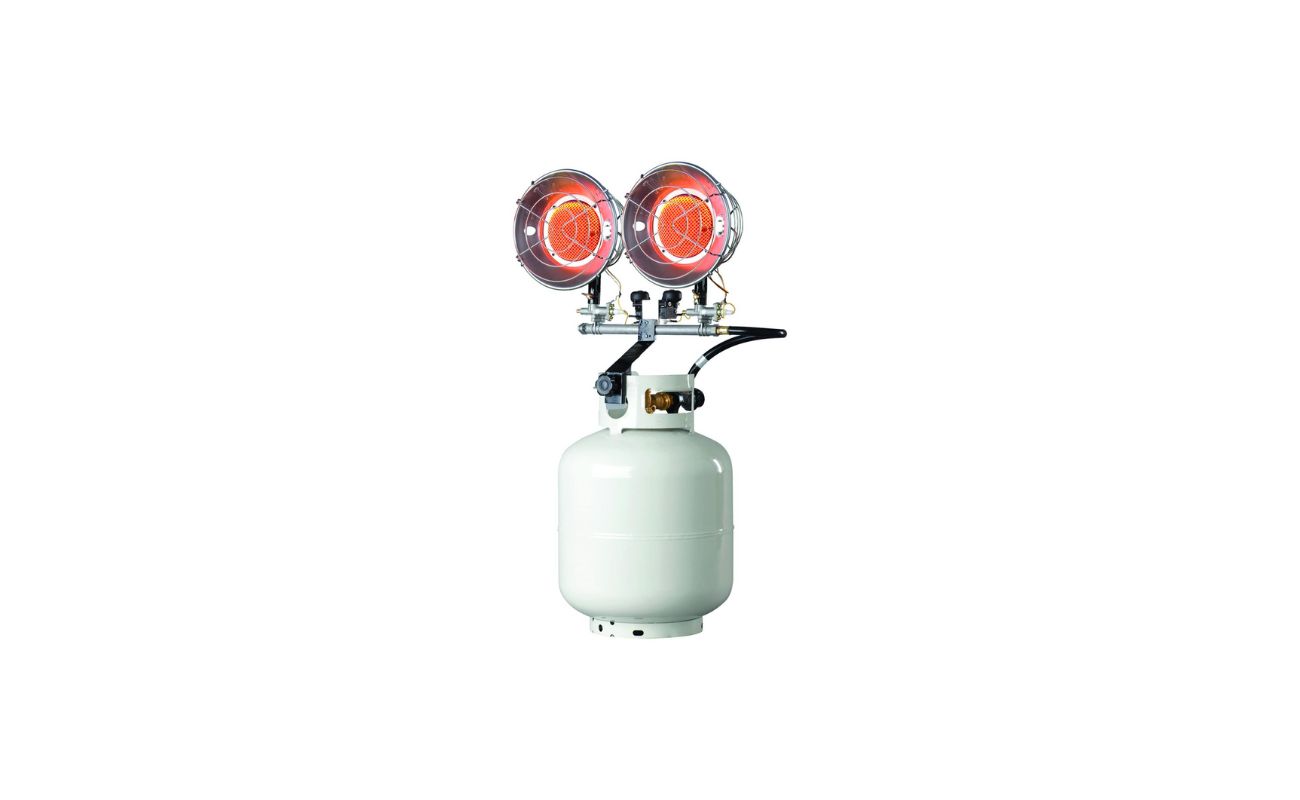
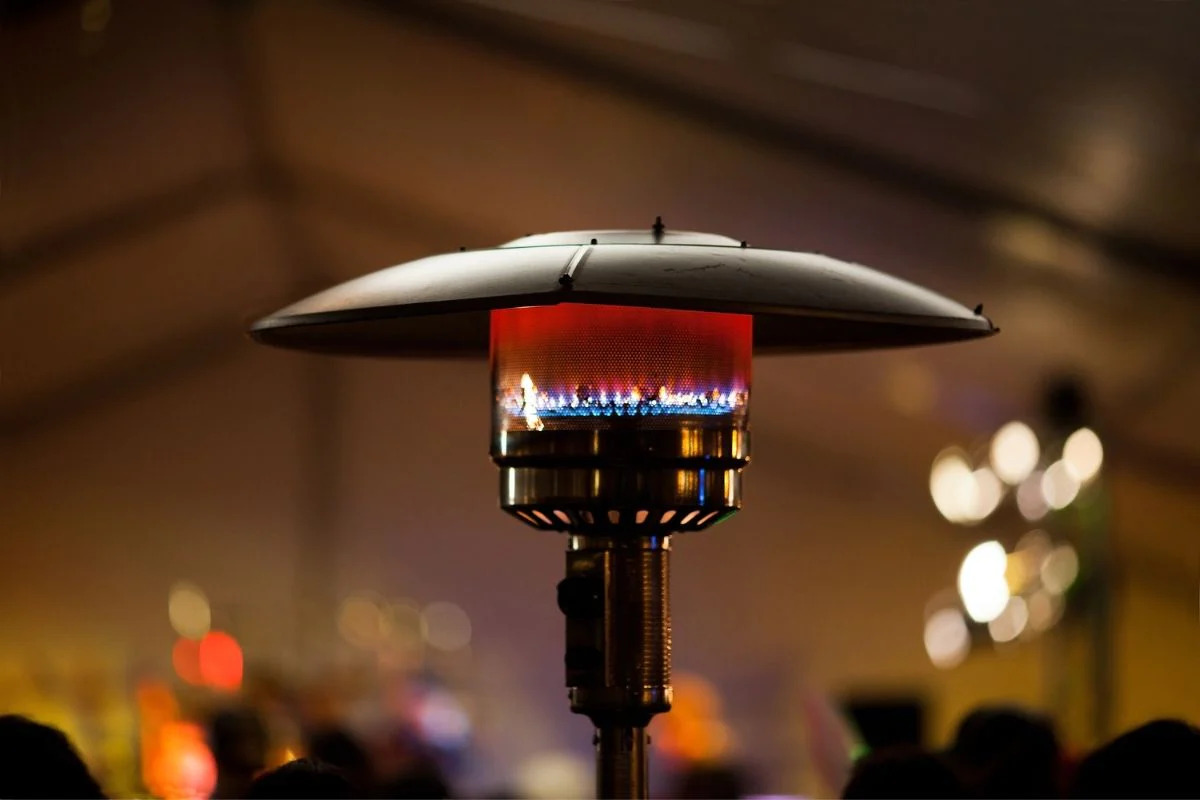
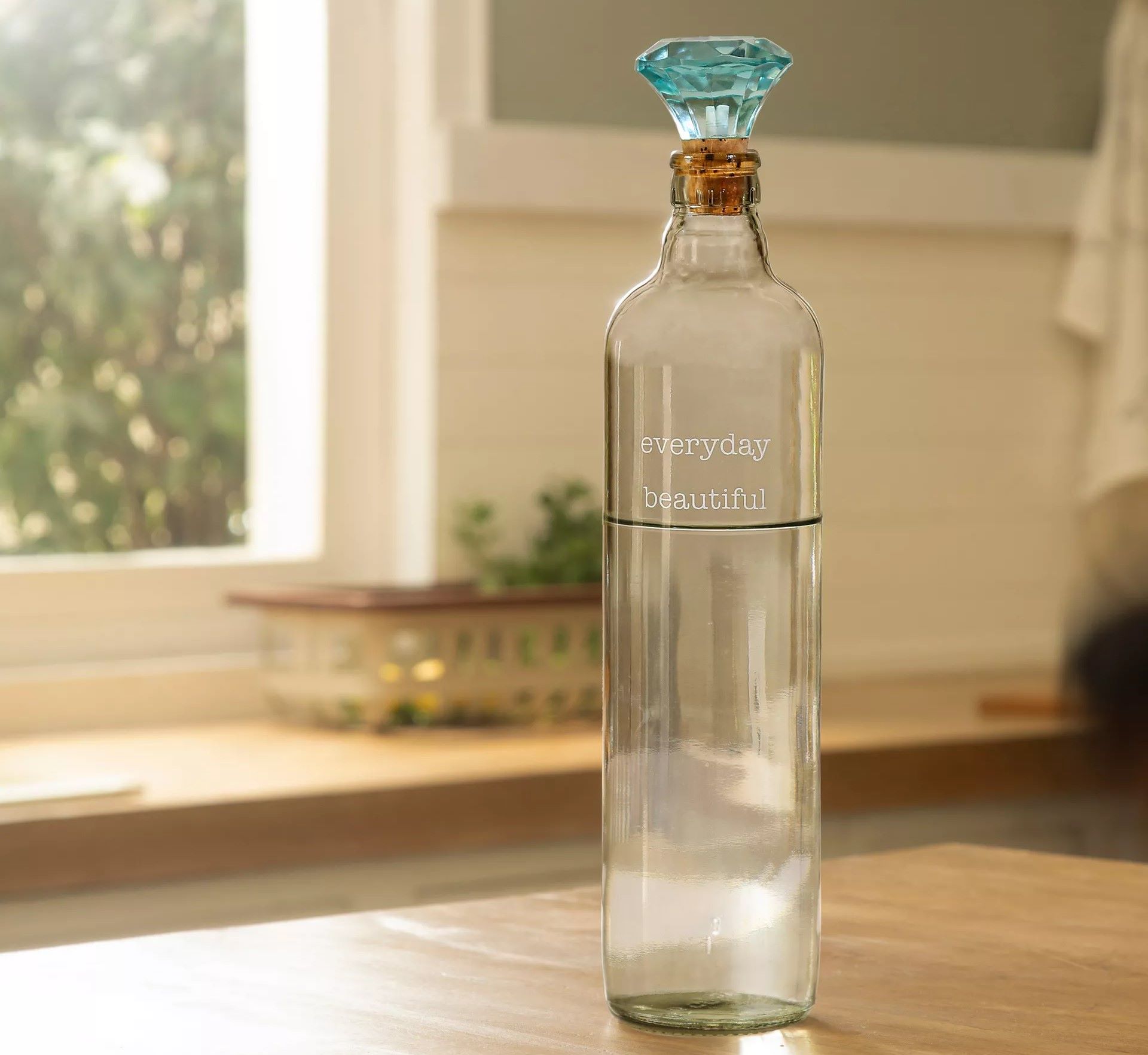
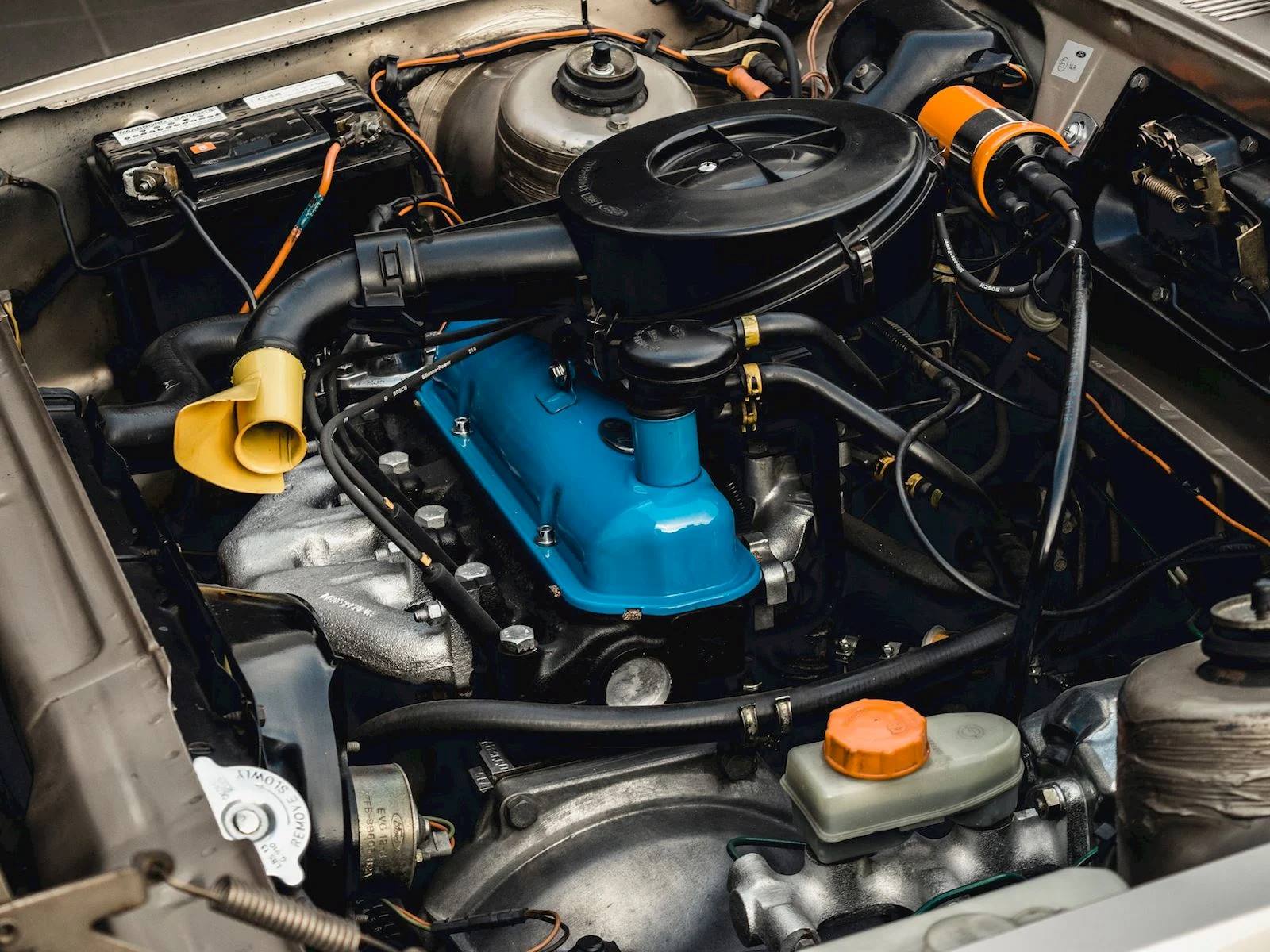
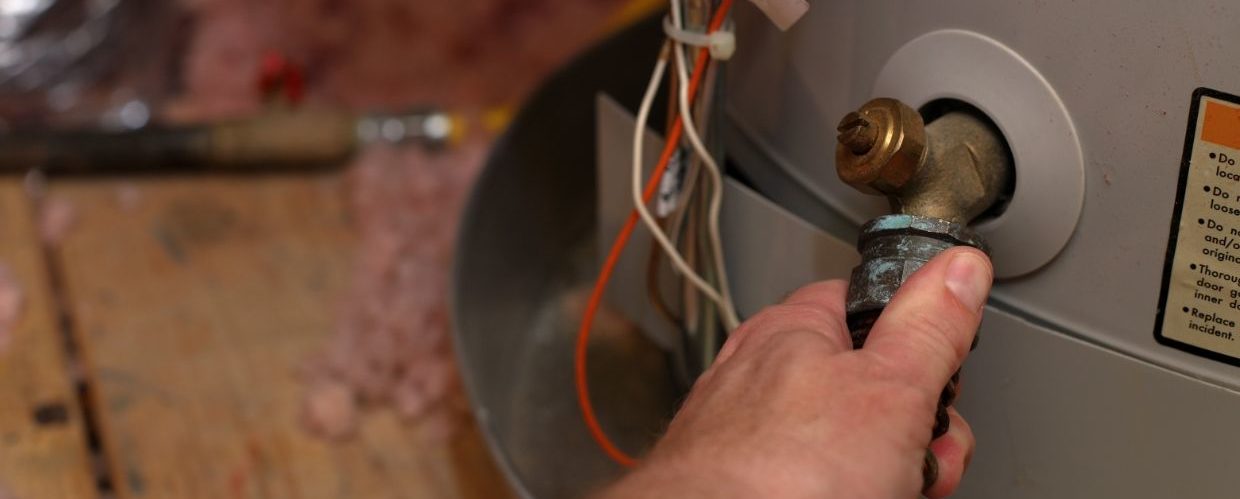
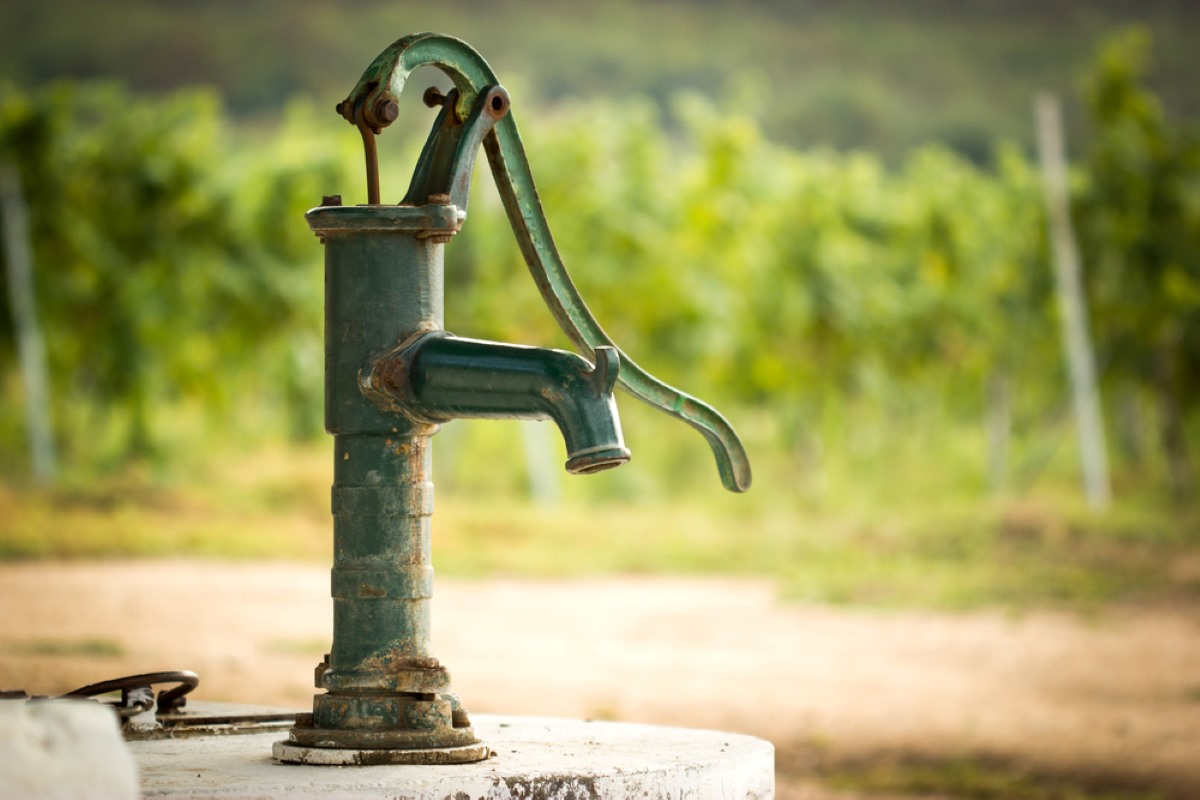
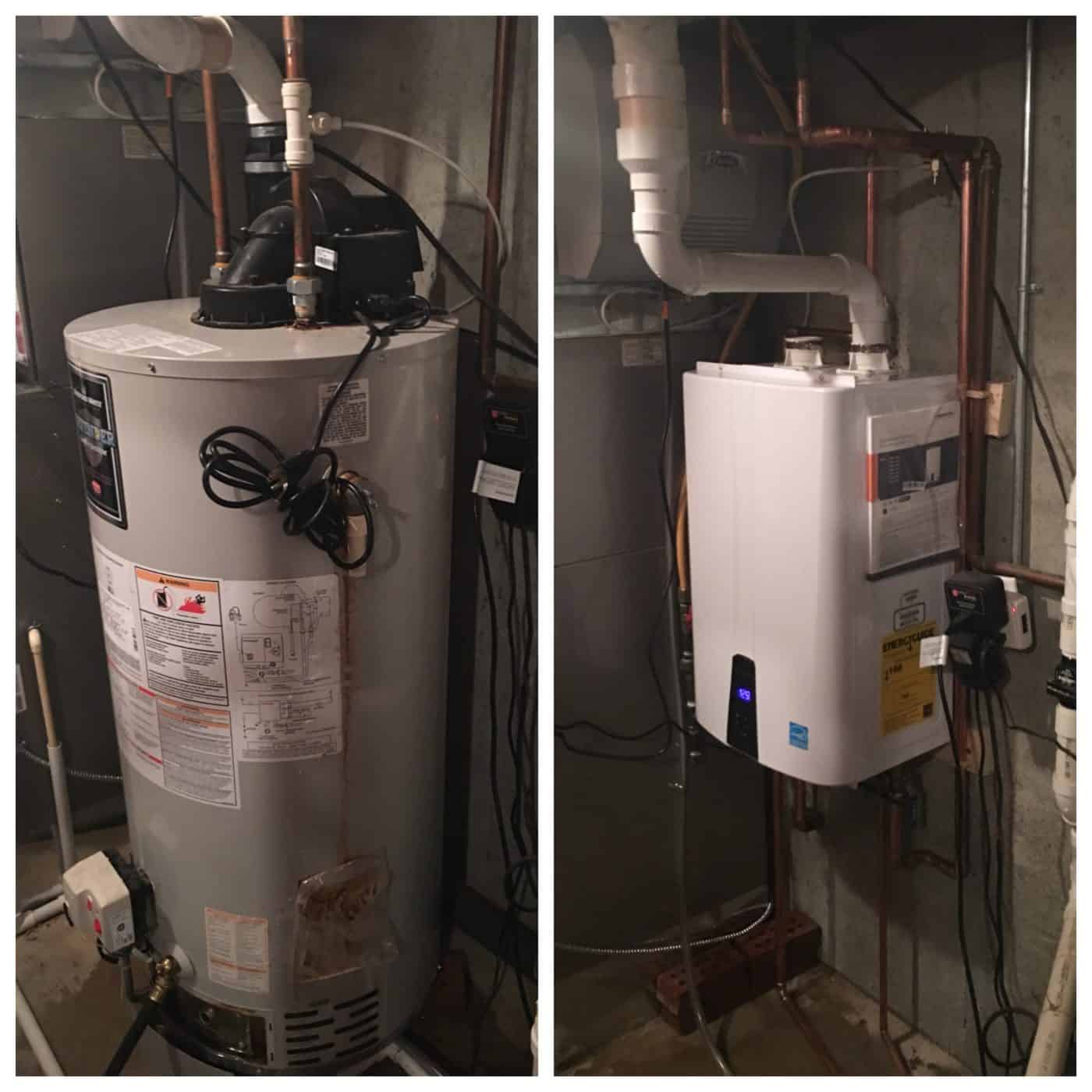
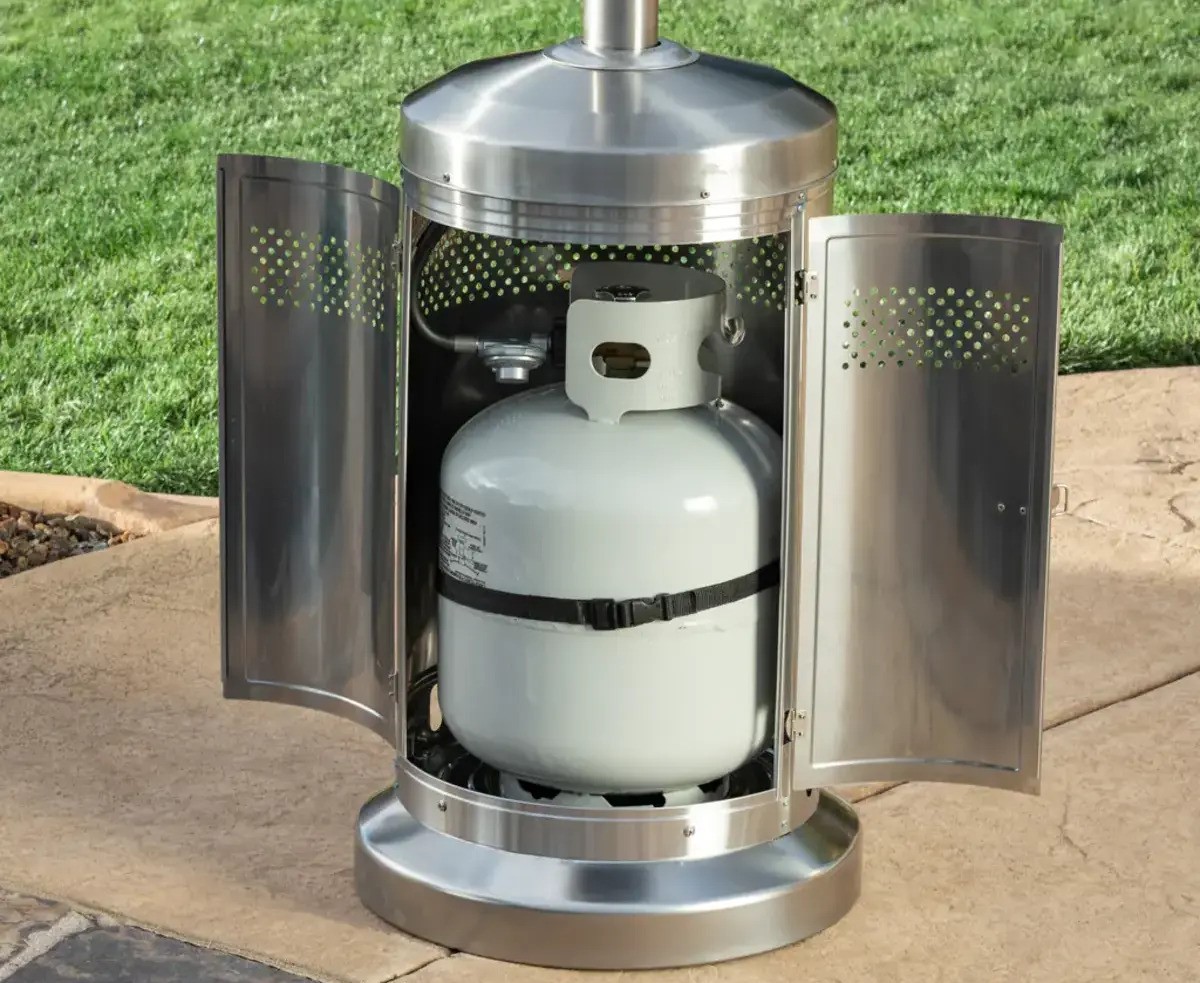

0 thoughts on “How Long Does A 40 Gallon Water Heater Last”